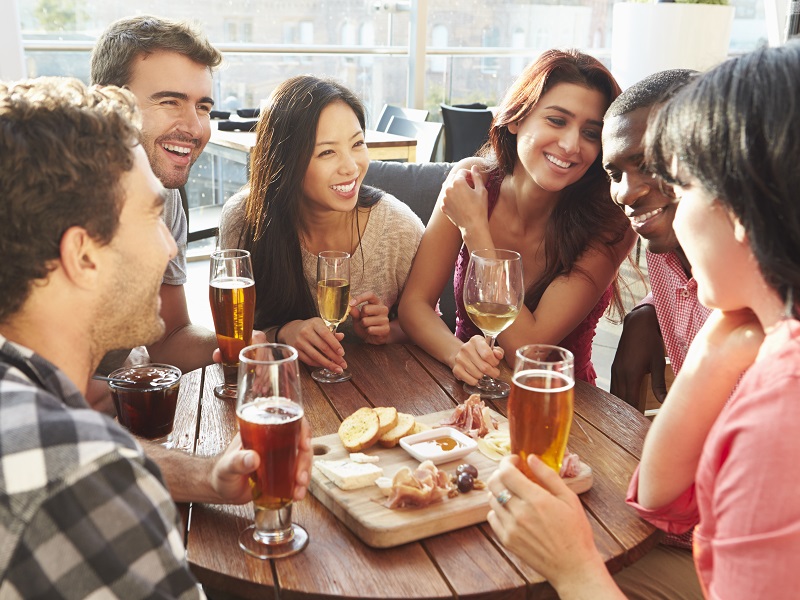One of the most important trends to have emerged in recent years has been consumers’ shift from owning goods to experiences. A study by Harris Group found that 72% of millennials would rather open their wallets based on experiences rather than on material items. Spend on holidays and leisure activities were least impacted by recent economic slowdowns.
Shoppers now favour intangible services over physical products – one example is the growing popularity of websites renting designer outfits, or streaming apps – one of the drivers behind this is our newfound love of clutter-free homes, which lets us experience the thrill of wearing a high-end designer brand only when we need to, or enjoy music without having dozens of CDs collecting dust.
Another factor that has fuelled the experience economy is social media, and above all Instagram, where status-signalling still applies, it just plays out differently: we have all at some point come across a friend showing off a holiday, by posting pictures of infinity pools, exotic sunsets and adventurous settings (and felt envious as a result!)
But there is also a deeper psychological reason why experiences win over owning physical goods: studies have found that spending on experiences makes us happier for longer, whereas when we buy a physical product, however exclusive or on-trend it might be, we tend to devalue it quite quickly so the contentment we feel is not sustained much longer after the purchase moment.
How can brands benefit from this shift in consumer habits?
Purely experience brands are best placed to make the most of this trend, but even brands which mainly offer tangible products can get in on the act by going the extra mile and providing related experiences for consumers, to benefit from some of that longer-lasting happiness.
Among the brands which have understood the power of experience is O2, which has pioneered this approach with its long-running Priority scheme, which sells experiences such as tickets to concerts or sports events as an add-on to their service.
Some food and drink brands such as Kraken rum are also offering immersive, 4D physical experiences – their ‘Dine in a perfect storm’ pop-up recreates the feeling of a storm indoors, complete with rain falling, thunder and lightning, and allows diners to enjoy an all-black, seafood-based menu once they come to the (quieter) eye of the storm.
As Artificial Intelligence becomes more mainstream it could be used to create highly immersive scenarios for consumers at point of sale, or even afterwards, in the comfort of their own homes, as the excitement from their latest buy is starting to wear off.
To find out more about how we can help you understand and leverage this and other emerging consumer trends contact us today.
